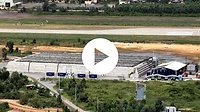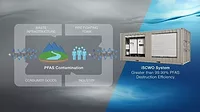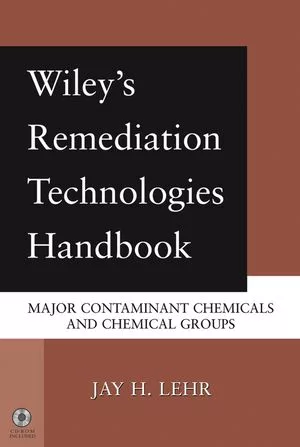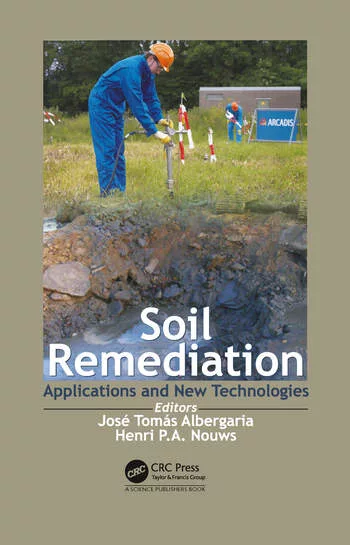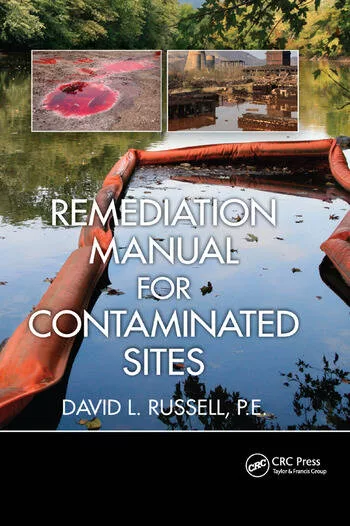New Tests Find High Temperature Incineration Effectively Destroys PFAS Chemicals
Results announced at the 2025 PFAS Forum V in Tampa, Florida

Two-phase study evaluates the treatment of firefighting foam (AFFF), PFAS-contaminated soil, and spent carbon from water treatment systems. (Courtesy of Veolia)
Recent tests conducted at Veolia’s hazardous waste facility in Port Arthur, Texas, indicate that high temperature incineration can destroy more than 99% of targeted per- and polyfluoroalkyl substances (PFAS). The results, announced at the 2025 PFAS Forum V in Tampa, Florida, suggest that incineration may offer a reliable disposal method for materials containing high concentrations of PFAS, including substances like PFOS and PFHxS.
The two-phase study, carried out in July and October 2024 by a third-party provider, evaluated the treatment of firefighting foam (AFFF), PFAS-contaminated soil, and spent carbon from water treatment systems. Testing followed the latest Environmental Protection Agency (EPA) guidance, using OTM-45 and OTM-50 methods to monitor emissions and byproducts.
Key results include:
- Destruction Efficiency: More than 99% of targeted PFAS were destroyed, with rates for PFOS and PFHxS reaching up to 99.9999%.
- Solid and Liquid Residue: Most solid samples showed no detectable PFAS, with minor amounts close to detection limits in a few cases. Liquid residues were below EPA drinking water limits.
- Air Emissions: The destruction and removal efficiency exceeded 99% for most PFAS, and few byproducts were detected.
Bob Cappadona, President and CEO of Veolia North America’s Environmental Solutions and Services business, said the company aimed to provide data-driven solutions for PFAS management.
Veolia supplies water to over 9 million people in the United States and has treated PFAS at more than 30 sites nationwide. The company’s PFAS management program includes site assessment, treatment, and disposal, using methods aligned with EPA recommendations.
As regulatory standards and scientific understanding of PFAS continue to develop, the results from this study may help inform future waste management practices.
Industry professionals and environmental experts will gather to discuss the latest developments in PFAS detection, destruction, and remediation technologies at the upcoming RemTEC & Emerging Contaminants Summit, scheduled for October 14-16, 2025. Registration for the event, which draws environmental remediation engineers, restoration project managers, and other environmental professionals from across the country, is open at remediation-technology.com.

